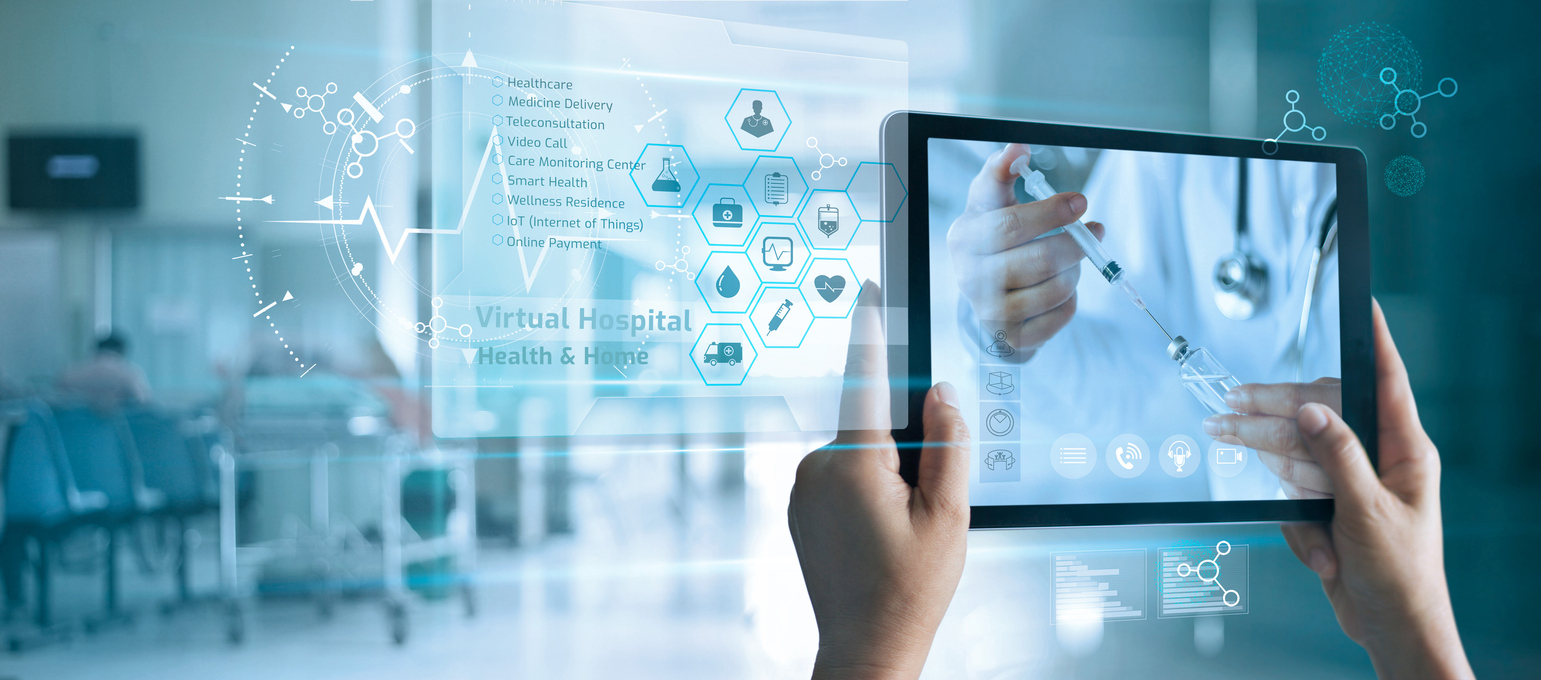More than ever, technology is causing sweeping changes to the healthcare industry. Less than a decade ago, obtaining key healthcare information such as drug interactions or obtaining patient medical histories took twice as long as it does today. While we have seen an uptake in Australia of new healthcare technologies, there’s still huge potential to further transform practice management solutions and patient care models.
As a clinician, having the essential technology stack can empower your practice. We’ve explored the following four areas where technology can create tangible and immediate benefits for your practice.
Technology for information and research
Clinical reference apps provide an important tool for clinicians, allowing information on various conditions and medications to be quickly accessed. It not only speeds up the process of obtaining information but also allows you to make more informed decisions. As an example, access to MIMS can help to quickly cross-reference drug prescriptions with drug history and patient allergies to provide an additional level of safety when providing patients with prescriptions.
Information based medical apps also allow you to stay current with the latest medical information. While medical journals are still relevant, reviewing them can be incredibly time-consuming. In contrast, modern apps provide you with a single view to organise incoming information, discover new research, and read a spectrum of field related topics.
Technology for coordinated care
As patients become more digitally savvy, they expect their physicians to be able to routinely exchange important data with other healthcare professionals to coordinate their care. These capabilities include features that enable medical record exchange between providers, the ability to scan and send, set consultation and referral appointments, and integrated email features for information exchange – all while maintaining patient privacy and confidentiality.
Coordinated care also includes increasing the level of patient involvement. Specialists that utilise patient portals to easily communicate with and allow input from patients benefit from seeing improved levels of patient engagement and accountability for their health. It also allows for various elements of delivery to be fast tracked, as they no longer need to be carried out solely by overworked clinic staff.
Technology for on-the-go patient management
Technology now enables clinicians to communicate with and diagnose patients, anywhere and anytime, thereby offering incredible convenience. While technology should not replace face-to-face interaction or detract from the one-to-one relationship between doctor and patient, it can be a very supportive element of patient care. Clinicians can review information on-the-go and patients can be involved in important conversations regarding care plans or test results without having to be physically present in a clinic.
Technology for business management
At the end of the day, a medical practice is a business like any other. It has teams that require management and financial considerations that need to be prioritised for the business to thrive.
Clinicians who embrace technology that helps to simplify staff management and rostering, financial management, forecasting and other business-centric functions, will find it easier to manage the business and identify opportunities for improvement and growth. This includes allowing easier coordination of payments, setting the right patient fees, and enabling patients to seamlessly pay via smartphones or other devices.
Over to you
As a clinician, the introduction of new medical technology can transform the way your practice is managed and the way your patients are treated – all for the better! It provides opportunities to simplify, streamline, and buy back time to allow you to allocate more of your day to dedicated patient care.
To empower your practice with this kind of information, an entrepreneurial mindset is a real asset. Dive into our latest guide on how to develop your entrepreneurial skills to complement your medical skill set and build a thriving practice.
Clinic to Cloud does not provide tax, legal or accounting advice. This material is for informational purposes only and is not a substitute for independent professional advice. You should consult your own tax, legal and accounting advisors before engaging in any transaction. See the Clinic to Cloud Disclaimer for further information.




